
Starting June 1st, 2023 Our warehouse fee will be $0.65/cubic foot per month
In effort to lower the warehouse storage fee during inflation, we have went narrow aisle racking.This construction took us four months but the project is finally completed. With narrow aisle racking, we are able to drop storage by 24%.We as partners will go through this inflation together.
11/02/2023
A efficiently delivers products from one business to another. An online shop sells items to businesses, and a delivery partner ensures fast and accurate order shipments.From the perspective of the 3PL provider, there's minimal distinction between handling B2B and B2C orders. This allows them to use the same fulfillment center for both B2C and B2B services.
Your choose b2b fulfillment companies primarily hinges on your specific needs and unique requirements. For instance, B2B sales often involve bulk or freight-level shipments, whereas B2C orders are typically smaller in scale. This distinction underscores that there's more to your business and the value of a strong B2B & 3PL partnership than what initially meets the eye.
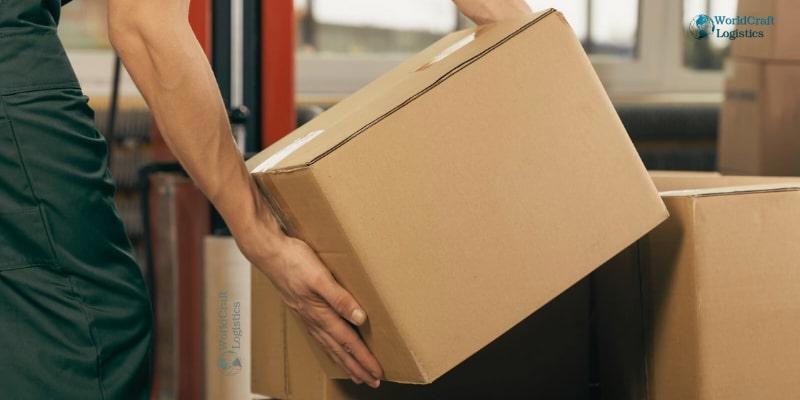
In B2B e-commerce fulfillment, the process involves shipping products directly to businesses or retailers, sometimes referred to as B2R (Business-to-Retailer). Typically, these orders are substantial in volume, ensuring that the receiving business maintains a sufficient inventory management for their sales. Businesses find it more efficient to place orders in advance and in large quantities to minimize the frequency of additional orders.
Accuracy holds paramount importance within B2B order fulfillment services. Businesses often face compliance requirements, including tax regulations, product restrictions, SKU codes, parcel labeling, barcoding, and specific invoicing structures. Due to the bulk nature of these orders, one can expect higher shipping costs and longer delivery lead times. Dealing with carrier information becomes a routine task, encompassing considerations like sea freight, air freight, and international trade barriers such as taxes, tariffs, and subsidies.
Should a business opt for third-party logistics (3PL) to handle their B2B order fulfillment, the primary focus should be on providing swift and dependable delivery services. Given that businesses engage with other companies, they anticipate 3PL providers to be optimized for cost reduction and increased efficiency. These providers also play a pivotal role in ensuring orders are fulfilled promptly. Any delays or mismanagement on the part of a 3PL can not only damage the reputation of the represented company but also lead to penalty fees and potential refund losses that they may be required to cover.
Related articles to help you have solid Logistics knowledge, see now:
- What is a supplier? Key roles and guidance for supplier connection management
- Bullwhip effect in supply chain: Meaning, Example, Impact and Control

Despite sharing similarities in the retail fulfillment process, B2B and B2C operations diverge significantly, particularly in terms of shipping methods, costs, and delivery speed.
In the realm of B2B, orders tend to be characterized by substantial quantities but lower volume. B2B clients often place orders at intervals spanning several months, yet the scale of their purchases is significantly larger. Conversely, B2C transactions typically involve smaller order sizes, with items being dispatched directly to various residential destinations.
The logistics involved in B2B fulfillment are considerably more intricate due to the larger and bulkier nature of the products. Freight and palletized shipping are the norm for B2B orders, given the higher number of items involved compared to most B2C transactions. Nevertheless, for smaller B2B orders that can be accommodated in boxes, parcel shipping remains a viable option.
B2B shipments often have to navigate various regulatory hurdles, contingent upon the industry and the specific nature of the products. These regulations encompass aspects such as handling hazardous materials, managing heavy items, international shipping, and more. Additionally, B2B transactions are subject to more complex regulations, particularly in the context of EDI (electronic data interchange).
The cost associated with B2B fulfillment is notably higher due to the larger shipment sizes, increased product value, and the necessity for additional labor and handling equipment (e.g., pallet loading and unloading).
Timeliness is paramount in the world of B2B fulfillment. Meeting delivery schedules can be challenging, especially when intricate regulations must be adhered to. While 2-day shipping may not be a primary selling point for B2B enterprises, guaranteeing delivery dates is crucial for establishing trust with other businesses and retailers reliant on timely B2B deliveries to maintain their inventory levels.
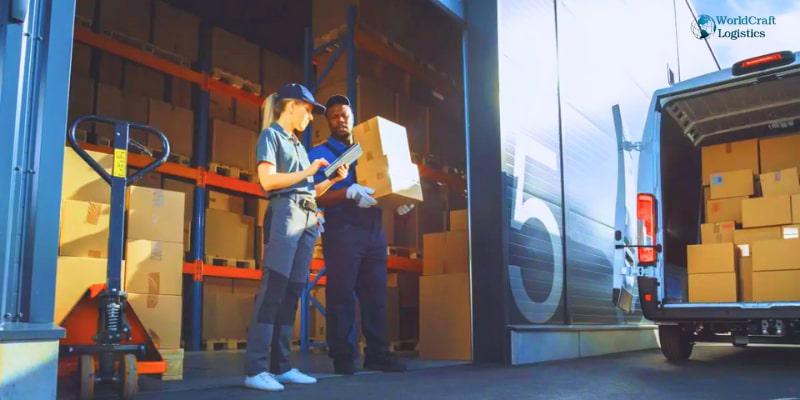
The B2B industry is primarily focused on shipping products to other businesses, typically in large quantities. Businesses tend to purchase their goods in advance to avoid the hassle of daily procurement. Consequently, this involves providing products to other companies for resale, often including major retail chains.
Fulfillment centers play a crucial role in managing this process, with a strong emphasis on the speed of shipping. While rapid shipping is a top priority in B2B fulfillment centers, it sometimes takes precedence over the meticulous nurturing of exceptional customer service.
The importance of expeditious fulfillment can be attributed to the intricate routing procedures that warehouses must adhere to. B2B fulfillment entails a labyrinth of intricate rules and regulations, and deviating from these protocols can result in hefty penalties, known as "charge backs," which can lead to significant operational headaches.
Many prominent retail giants mandate that B2B fulfillment centers remain compliant with various standards, including Electronic Data Interchange (EDI), as well as adherence to barcode systems, parcel labeling, and invoicing protocols. Consequently, B2B fulfillment is significantly more intricate than its B2C counterpart.
eCommerce must be flexible to cater to the distinct needs of both B2C and B2B buyers since a one-size-fits-all approach is rarely effective.
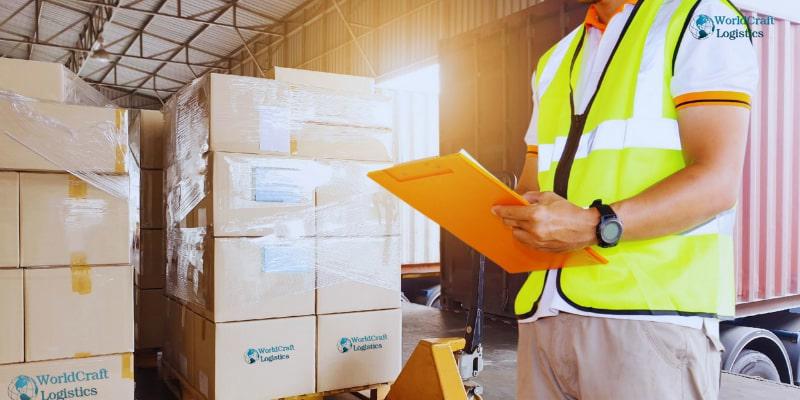
B2C consumers are equally comfortable shopping on popular marketplaces such as Amazon as they are on a company's website. B2C sellers must provide multiple eCommerce channels. If you have physical stores, your eCommerce strategy should be in harmony with them. Options like online purchasing with in-store pickup and location-based services that trigger push notifications when shoppers enter the store offer the personalized experience that retail customers cherish.
To captivate and maintain the interest of B2C shoppers, it is imperative to employ captivating graphics and designs. Keep in mind that these are often impulse buyers, and eCommerce provides an opportunity to swiftly transform their interest into a sale.
In cases where conversion does not occur, the eCommerce solution should offer methods to recover abandoned shopping carts and convert them into completed transactions. For consumable goods, combining a subscription model with eCommerce ensures a steady flow of repeat orders and enhances cash flow predictability.
Do not underestimate the potential of social media in driving B2C eCommerce. Whether you operate individual storefronts on platforms like Facebook or Pinterest or employ social media to maintain a steady stream of potential customers in the sales funnel, your eCommerce strategy should encompass a social component.
For B2B eCommerce, the platform should seamlessly integrate with your social channels, boast a robust Content Management System (CMS), provide various payment options (credit/debit and PayPal) with a secure checkout, and be quick to set up. While some Software as a Service (SaaS) alternatives like BigCommerce or Shopify Fulfillment offer ease of implementation, they may lack the ability to customize workflows.

B2B buyers seek a different level of personalization. They require custom catalogs and price lists tailored to their specific accounts. It's crucial to display their pre-negotiated prices when they log in. You may find it necessary to create distinct storefronts for various industry verticals.
For potential customers who have not yet made a purchase, implementing an automated Request for Quote (RFQ) workflow allows them to receive precise quotes promptly. Given that most business transactions involve multiple decision-makers, enabling users to define roles and permissions that align with their internal procedures is essential.
As a significant portion of B2B transactions involve repeat sales, offering quick order forms, the ability to upload CSV files, and access to order history functions allows buyers to place their orders swiftly and accurately without the need to consult a sales representative.
The secure checkout process for B2B fulfillment solutions - eCommerce should support multiple workflows. In the realm of business, most purchases are not settled with a credit card at the time of purchase. Therefore, it is imperative to provide options for establishing lines of credit and offering payment terms. Your eCommerce solution should seamlessly integrate with partners that handle your receivables, conduct credit checks, or provide other financing services.
In the context of B2B eCommerce, the ability to smoothly integrate with other solutions is paramount. B2B buyers may require the use of Electronic Data Interchange (EDI) or punchout catalogs, and your eCommerce platform should facilitate these integrations. Your eCommerce solution should seamlessly interoperate with your Enterprise Resource Planning (ERP) system, Warehouse Management System (WMS), Amazon FBA Fulfillment Service, Product Information Management (PIM) software, Content Management System (CMS), and other business software solutions.
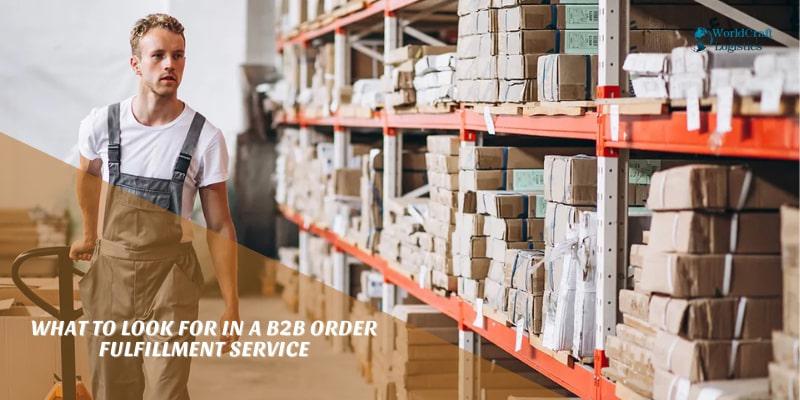
Selecting the right B2B fulfillment provider for your business is of utmost importance. It is imperative to ensure that the chosen fulfillment partner can adhere to all necessary requirements, possesses a solid track record of on-time deliveries, boasts ample experience in B2B fulfillment, and offers accessible customer support when the need arises.
Electronic Data Interchange (EDI) constitutes a fusion of systems and processes that enables retailers to exchange documents and transactions with their suppliers, vendors, and brands in a standardized electronic format. For instance, instead of transmitting paper documents, a retailer can send a digital purchase order to a vendor via EDI.
The reverse holds true as well, with vendors being capable of electronically transmitting digital invoices and other transactional documents to their retail partners. When collaborating with a B2B fulfillment provider, it is essential to ascertain their EDI compliance, as this facilitates a smoother and more streamlined order fulfillment process.
Challenges and issues in the realm of orders are bound to arise. Given the pivotal importance of maintaining an inventory of the right products in B2B enterprises, it is crucial to align with a provider that can promptly and efficiently address your concerns. Look for a B2B fulfillment provider that places a high premium on customer service and approaches the B2B relationship with the seriousness it deserves.
When partnering with a B2B fulfillment provider, ensure that they offer the requisite technological tools for tracking current B2B orders, monitoring package shipments, and placing new orders, all within a unified and user-friendly interface.

Worldcraft Logistics (WCL) is a technologically advanced third-party logistics (3PL) company that collaborates with rapidly expanding e-commerce brands. We operate multiple distribution centers, through which we facilitate the direct shipment of orders to end customers. Additionally, Worldcraft Logistics B2B fulfillment company provide essential support to businesses that require digital fulfillment solutions for small-volume B2B orders.
Worldcraft Logistics excels in the realm of B2B Fulfillment and Electronic Data Interchange (EDI) capabilities. These capabilities empower merchants to navigate the entire spectrum of B2B commerce, encompassing retail dropshipping (fulfilling orders placed on prominent retail giants' websites) and wholesale distribution, catering to brick-and-mortar stores. This comprehensive approach connects seamlessly with major retail players.
While Worldcraft Logistics is not presently EDI-compliant, we extend B2B fulfillment services for non-EDI wholesale orders. This encompasses a wide array of clients, including boutiques, Whole Foods, and Urban Outfitters, to name a few. The collaboration between e-commerce businesses and WCL as a third-party logistics partner for B2B fulfillment unfolds as follows:
Cost-Efficient Fulfillment and Shipping
Worldcraft Logistics simplifies the process of placing B2B orders directly through our user-friendly dashboard. You can effortlessly input order details, including the destination business address, packaging instructions, order quantities, and preferred shipping method (parcel or freight). Leveraging Worldcraft Logistics for your B2B orders not only ensures faster shipping but also reduces overall shipping costs.
Enhanced Inventory Management
Managing B2B inventory within your own storage and warehouses can be a burdensome task in terms of cost, complexity, and time consumption. This entails daily inventory counts, manual reordering of inventory, and labor management.
By collaborating with WCL, we shoulder the responsibility of managing your inventory. Moreover, we offer a complimentary fulfillment data and reporting tool that provides valuable insights into fulfillment performance, shipping data, demand forecasting, and logistics expenses.
SEO
Digital Marketing/SEO Specialist
Simon Mang is an SEO and Digital Marketing expert at Wordcraft Logistics. With many years of experience in the field of digital marketing, he has shaped and built strategies to effectively promote Wordcraft Logistics' online presence. With a deep understanding of the logistics industry, I have shared more than 500 specialized articles on many different topics.
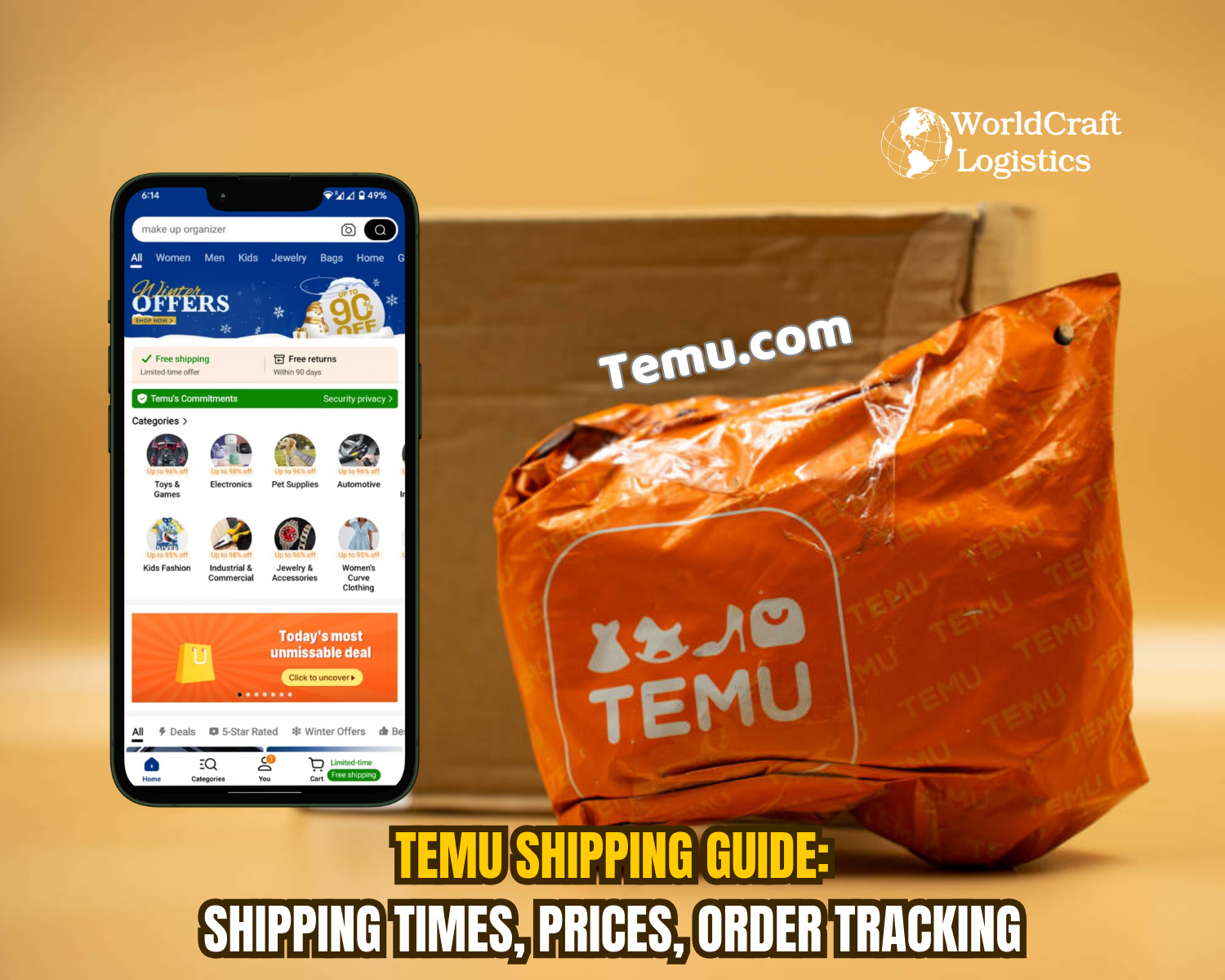
Education
01/05/2025
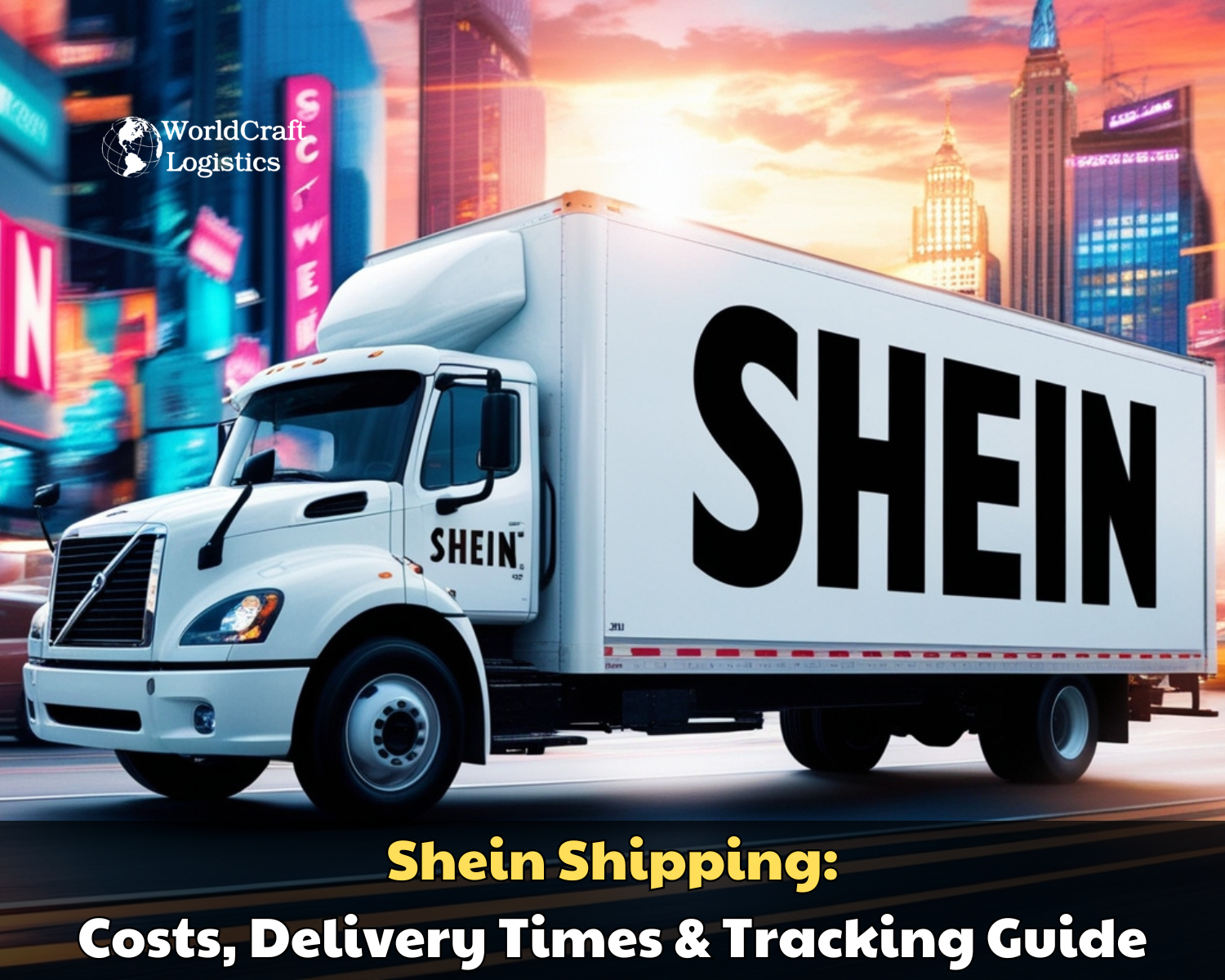
Education
02/18/2025
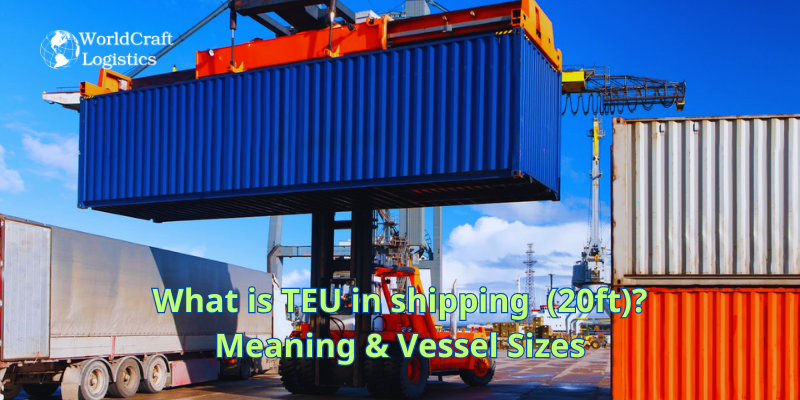
Education
01/01/2024
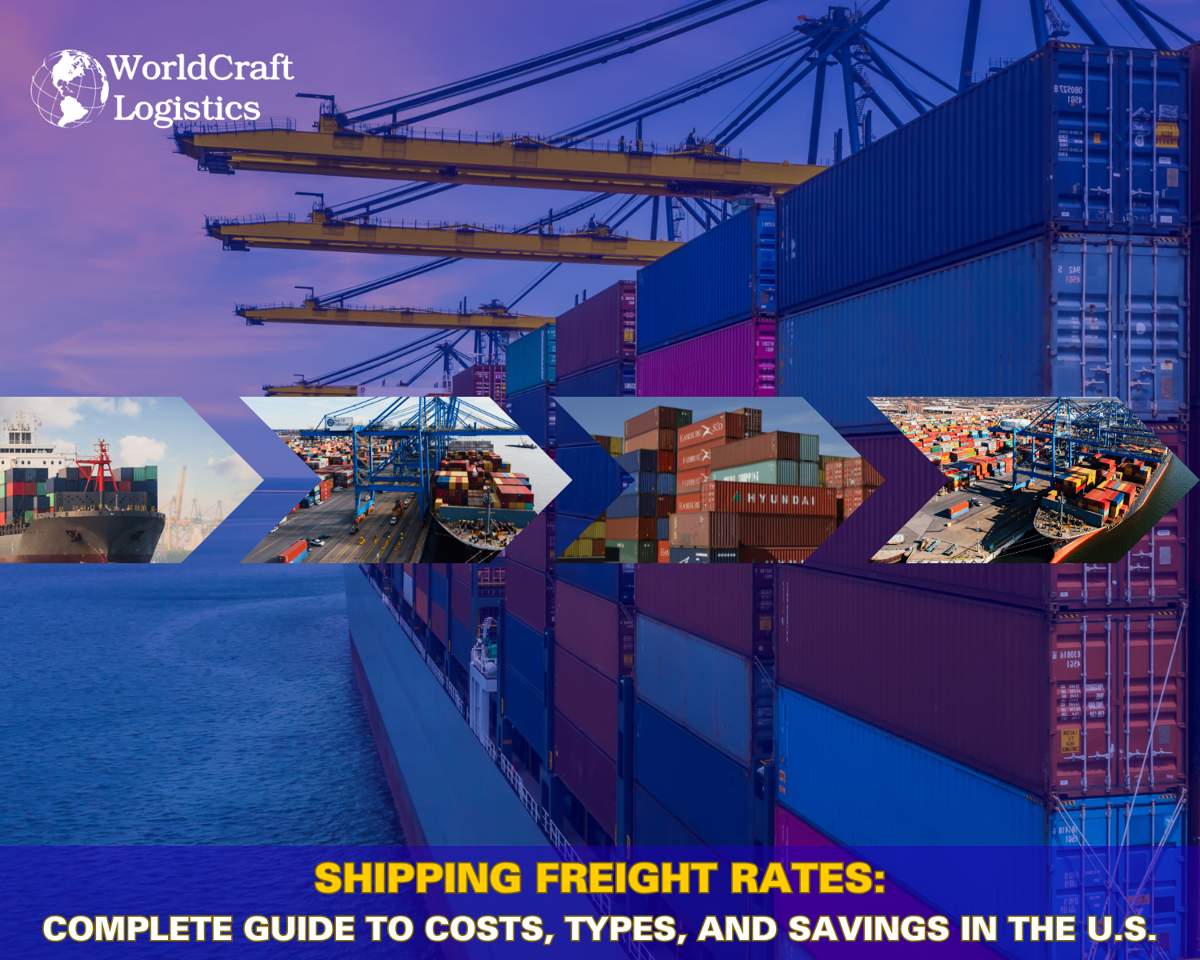
Education
09/09/2025
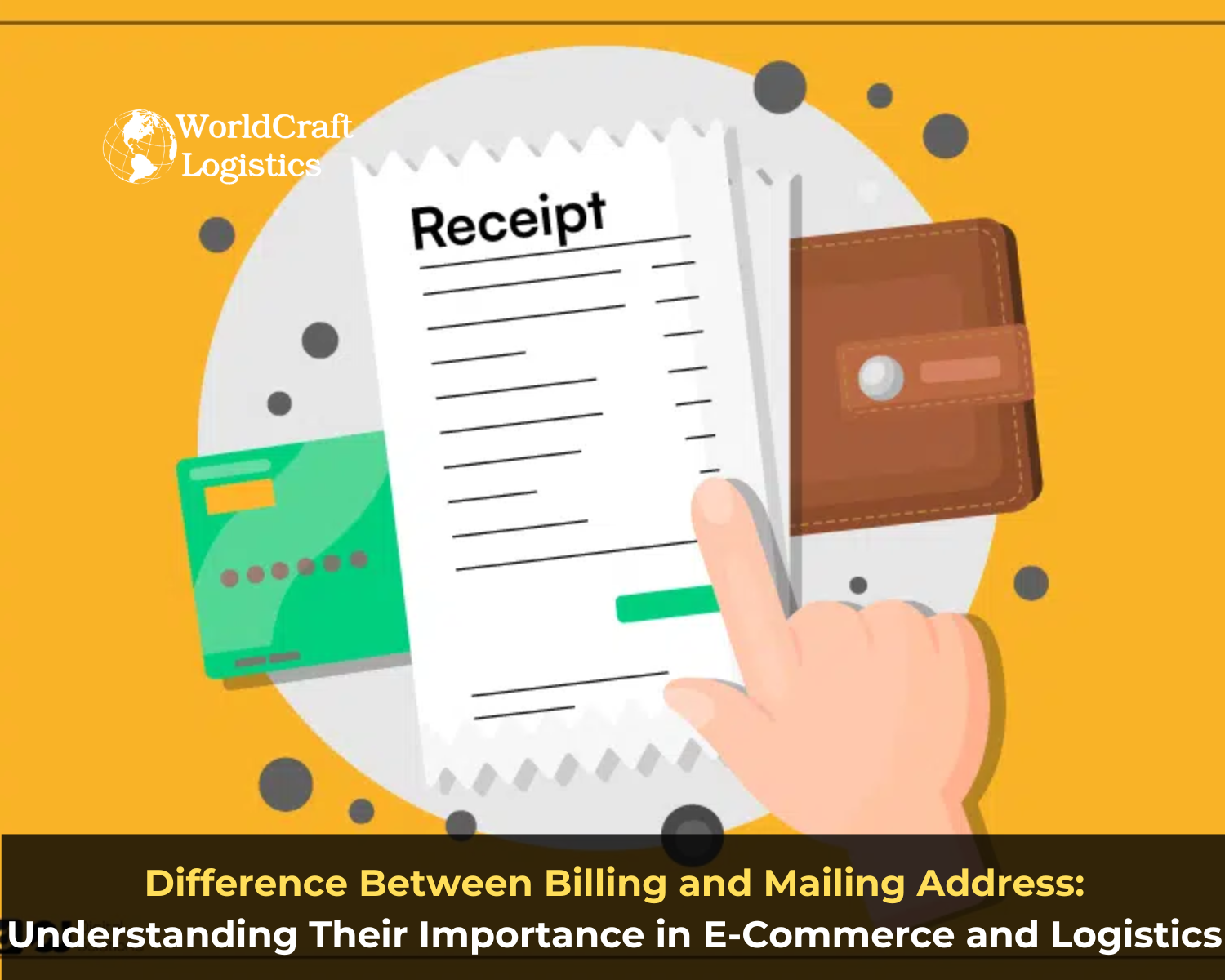
Education
08/28/2024